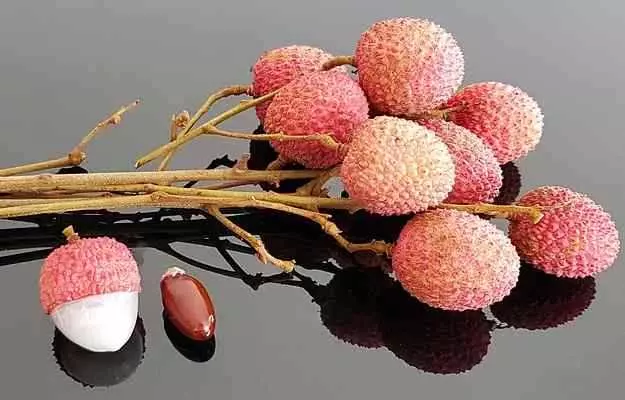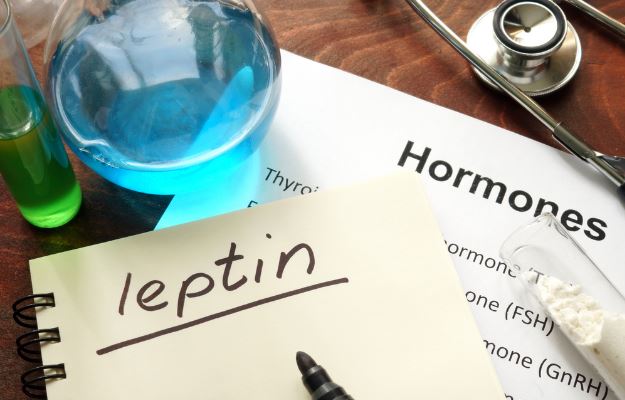Crimson on the outside, soft and sweet on the inside, lychee is a delicious summer fruit and has immense health benefits. This fruit has been around for more than 2000 years, and has been known for its medicinal properties in countries like China and India - both countries are also the world’s largest lychee producers. While you might know just when and how to buy the best lychees from the market, do you know exactly why it’s beneficial for your health? Here’s everything you need to know about this fruit.
Lychee trees are slow growing and strong evergreen trees, even though the fruits only grow during the summer months. The fruits usually grow in clusters and are usually round or heart-shaped with a thin, leathery skin which is red or crimson in colour. The fleshy edible portion of the fruit is called aril and its colour, fragrance and flavour varies from region to region. Lychee trees which have the smallest seeds are usually prized because the amount of aril in these fruits is the highest.
Did you know?
Lychee is extensively mentioned in Chinese medicinal texts, and was immensely popular with this country's population, even the emperors. Folklore from China describes how the demand for the fruit had increased exponentially in the Imperial Court during the eleventh century, specifically during the reign of Emperor Xuanxong. This emperor’s favourite concubine, Yang Guifei, loved lychees so much that the ruler went to great lengths and expense to get the fruit transported from Guangdong while it was still fresh.
- Botanical name: Litchi chinensis
- Family: Sapindaceae
- Common name: Lychee, litchi
- Sanskrit name: Elaaphalam
- Parts used: Pulp, seed extracts, peel extracts
- Native region and geographical distribution: Lychee’s growth and development needs highly specific climatic requirements. It originated in the Guangdong region of southern China. Currently, China and India make up for 91% of the world’s lychee production. According to the Food and Agriculture Organization, India annually produces 428,900 metric tonnes of lychees from 56,200 hectares of land, with Bihar as the largest producer followed by Tripura and Uttar Pradesh.
- Interesting facts: Lychees arrived in India in the eighteenth century through Burma, and agriculture of lychees started soon after that.












